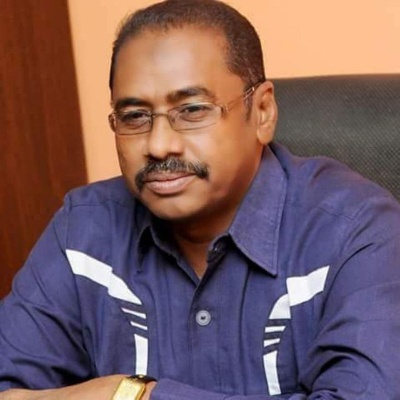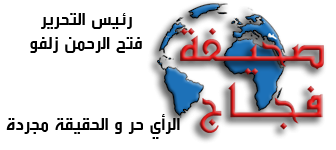The Hague… What Lies Beneath the Straw?

By Yasser Al-Fadni

The Hague… What Lies Beneath the Straw?
In the halls of The Hague, within the walls of the International Court of Justice, the voice of Sudan rose—armed with evidence, bearing its truth against a state that engineered death and ignited devastation. It wasn’t an ordinary scene; it was a live broadcast of a diplomatic triumph, a test the Sudanese legal minds passed with distinction. What unfolded wasn’t just a hearing—it was a decisive moment in a just cause, and a moral collapse for those who aided destruction.
The legal narrative presented against the UAE wasn’t mere accusation—it was a map of blood, stamped with the UN Security Council’s Panel of Experts’ report, supported by testimonies, fortified with documents, and pulsing with the heartbeat of truth. Even the Japanese judge presiding over the court, though he didn’t voice it directly, betrayed through his facial expressions a deep awareness of Sudan’s rightful claim—if one knows how to read the silence etched in faces.
The global live coverage and the immense empathy from people around the world weren’t just signs of human solidarity—they were loud proclamations that standing with Sudan is standing with justice, with principle, and with the truth against militias, killings, and state-sponsored terror, whether above or beneath the table.
In just two days, the militia suffered three heavy blows that couldn’t be missed. The first: a qualitative and collective decimation of its leadership in Zamzam and Umm Kadada. The second: a searing report by Amnesty International, revealing the horror the militia sowed, including systematic rape used as a weapon of war—a report not built on speculation, but on solid evidence and legal rigor. The third slap was the public hearing itself—one that exposed the funder, stripped the enabler, and shattered the illusion of a country that thought money could buy silence.
The UAE, which tried to postpone or derail the session, failed miserably. Why? Because once the truth awakens, it doesn’t return to sleep. Now, a new rift emerges between Hemedti and his masters, as the so-called “State of Evil” begins to pull back from paying compensation for the fallen—compensation with a costly price tag. Hemedti, abandoned by his allies and broken by defeat, stumbles in his final act like a starving wolf wounded by its own pack.
Tribes whose sons once fought alongside the militia are withdrawing, realizing the ship is sinking, the arms have dried up, and the grand lie is collapsing from within. Hemedti now fights with nothing but delusion.
Amid all this, the UAE ambassador in India adds a taste of madness to the theater of downfall. Her reckless statement, far removed from diplomacy, sounded like the scream of one who’s lost control. She tried to mimic the elegance of a purebred horse, but instead brayed like a confused donkey that lost its path. And undoubtedly—“the most repugnant of voices is the braying of donkeys.”
From where I stand—from this platform—I see clearly: Sudan’s triumph in The Hague is not an end, but a beginning. And those who thought the fire beneath the straw was small have now discovered it’s a blaze that cannot be extinguished.
